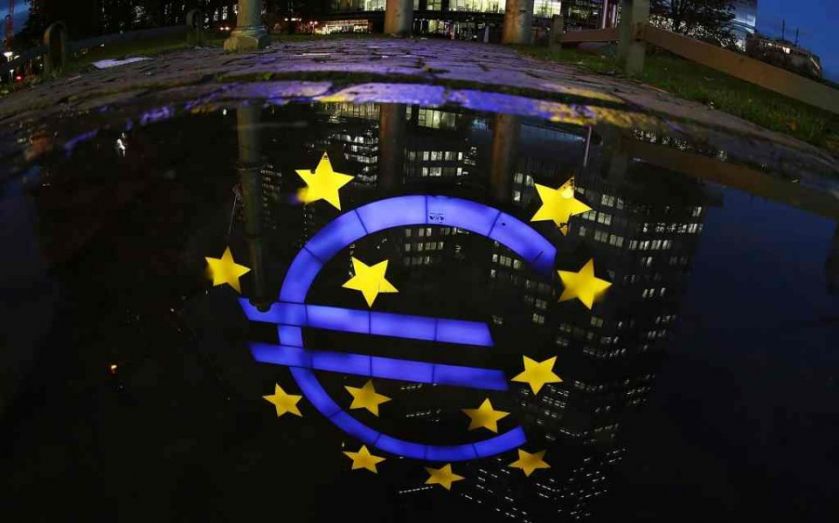Eurozone slips further into deflation

The Eurozone slipped further into deflation in January, with inflation falling to -0.6 per cent, down from -0.2 per cent in December.
The figure is a record low for the bloc, and worse than analysts had feared: they had expected a fall of -0.5 per cent.
Of course, the fall was, in part, caused by the plummeting price of oil, although it's worth noting that the core inflation rate, which strips out volatile factors such as fuel and food, slid to 0.6 per cent, down from 0.7 per cent.
food, alcohol and tobacco remained unchanged at -0.1 per cent year-on-year, while energy inflation dropped to -8.9 per cent, from -6.2 per cent.
Teunis Brosens, an analyst at ING, said the figure provided further support to the European Central Bank's (ECB) decision to launch a quantitative easing (QE) programme.
Today’s inflation numbers fully vindicate the ECB’s decision to embark on QE. That said, QE will not raise inflation in the coming months. Unless oil prices stage a quick recovery, the energy component will keep headline inflation well below zero in the months ahead. But the key number to watch in the coming months is core inflation. Any further falls may raise concerns that QE has come too late to stave off deflation.

— UPDATE: This article has been updated to show that core inflation fell to 0.6 rather than 0.5 per cent, after Eurostat revised its initial flash reading.